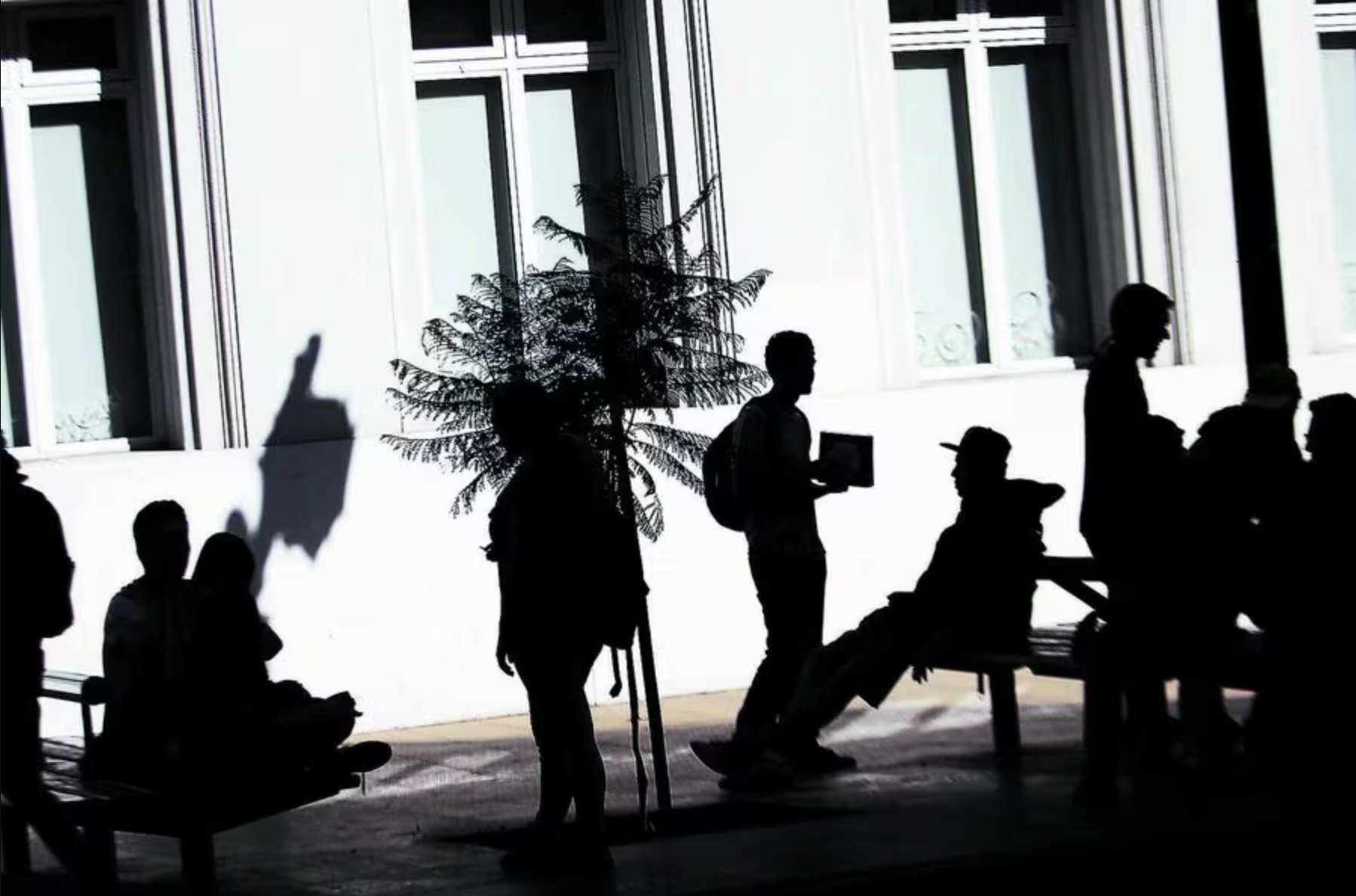
A study conducted by Pablo Muñoz, a researcher at the Millennium Institute MIPP, reveals how the reduction of university vacancies in Chile under Pinochet’s military regime increased mortality rates among the affected generations, highlighting the enduring effects of authoritarian policies on public health.
During Augusto Pinochet’s military regime, which ruled Chile from 1973 to 1990, the country underwent profound economic, political, and social transformations. One of the areas most affected by the regime’s policies was the education system. Following the military coup of 1973, an era of educational expansion and reform that had significantly improved access to higher education in Chile came to an end.
Pinochet’s regime implemented a series of neoliberal reforms influenced by free-market principles. These reforms included the privatization of educational institutions and the reduction of public funding for universities, which restricted access to higher education for large segments of the population.
In a context of political repression and social control, the reduction in university vacancies was a measure aimed at limiting educational opportunities and controlling the academic environment. This restricted the personal and professional development opportunities of a generation of young Chileans.
This educational transformation had not only immediate consequences in terms of access to education but also long-term effects on the health and well-being of the affected generations—an aspect crucial for understanding the legacy of the authoritarian regime in Chile.
The relationship between education and health has been extensively documented in academic literature. Previous studies consistently show that individuals with higher levels of education tend to live longer and enjoy better health compared to those with lower levels of education. Higher education improves employment prospects and income, and it is also associated with healthier behaviors, better access to medical information, and a greater ability to navigate healthcare systems.
Despite this well-established relationship, there is little direct causal evidence linking higher education to mortality. Most studies have focused on primary and secondary education, leaving a gap in understanding the specific long-term health impact of higher education. This gap is particularly relevant in contexts of authoritarian policies and drastic changes in educational opportunities.
Chile during Pinochet’s regime provides a unique opportunity to study this relationship. The privatization of educational institutions and a drastic reduction in public funding for universities significantly limited access to higher education, disproportionately affecting young people from disadvantaged backgrounds. This raised critical questions within the academic world: Did the reduction in university opportunities constrain the educational and professional development of a generation? Did it have lasting consequences for their health and well-being?
In this context, the study titled “Higher Education and Mortality: Legacies of an Authoritarian College Contraction”, led by Pablo Muñoz, a researcher at the Millennium Institute MIPP and a faculty member at the Department of Economics of the Faculty of Economics and Business at the University of Chile, alongside academics Felipe González, Luis R. Martínez, and Mounu Prem, examines the impact of reduced higher education opportunities in Chile during Augusto Pinochet’s military regime.
The research analyzes how authoritarian measures implemented in higher education after the 1973 military coup affected the mortality rates of generations who reached university age during this critical period, revealing significant implications for educational and public health policies.
To read the full article, visit Miradas MIPP here.
MIPP Chile 2025